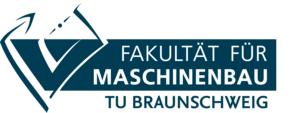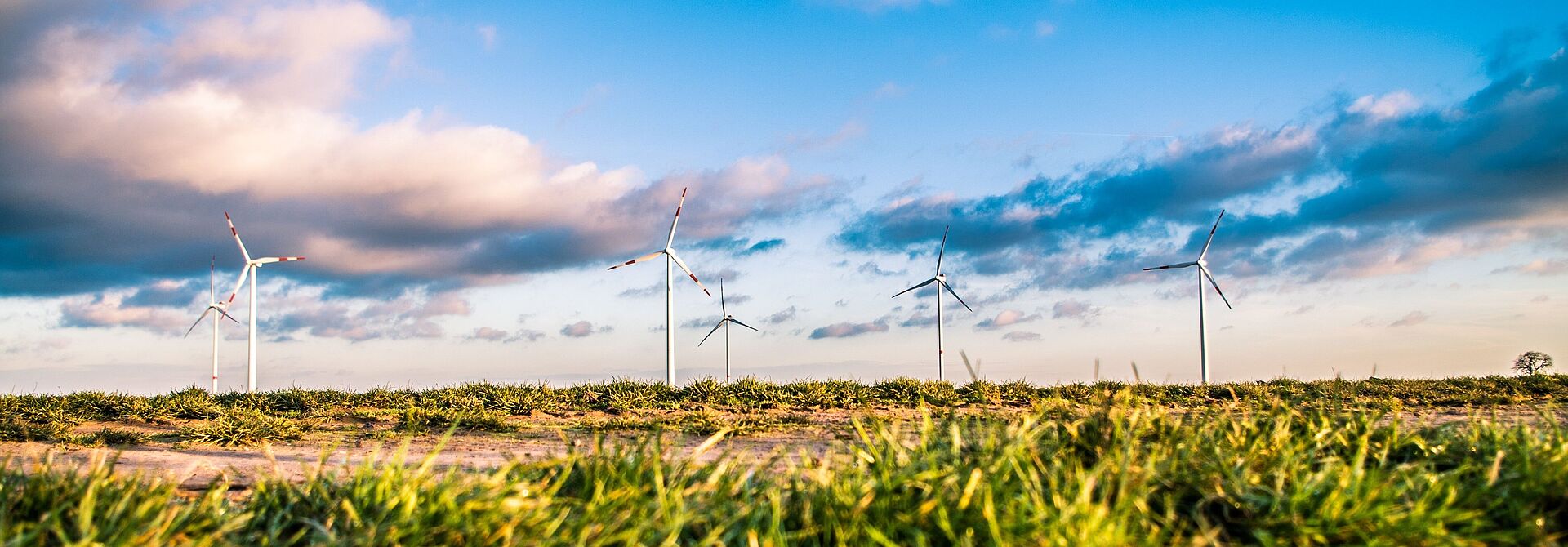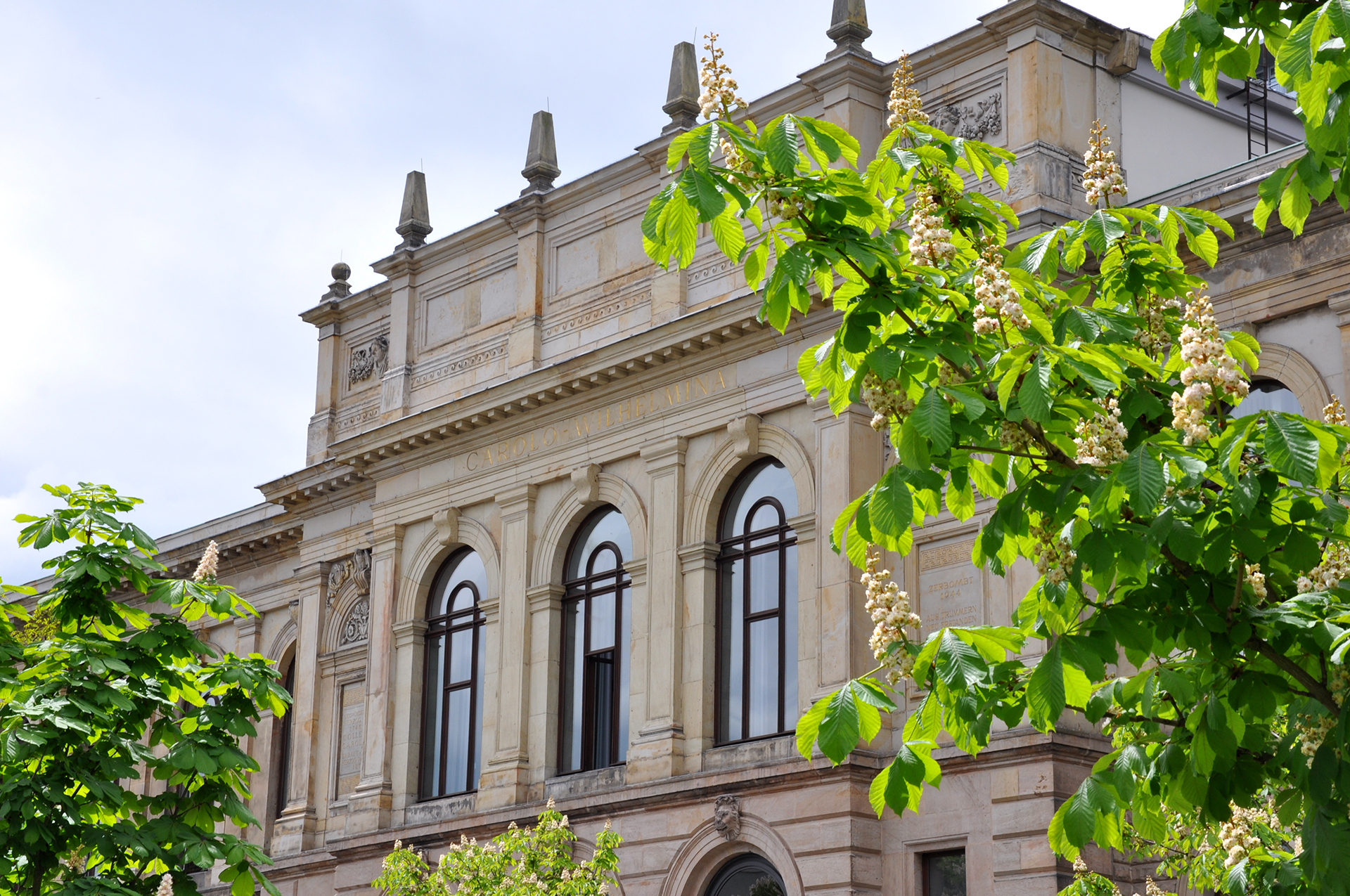
New examination regulations will come into force for the Master of Sustainable Energy Technology in the winter semester 2023/24. Information and documents will be made available shortly. The new curriculum WiSe 2023/24 contains advance information
Documents and forms for the course (admission regulations, examination regulations, module handbook, etc.) can be found on the page Documents.
Standard period of study: 4 Semester
Language: German
Degree: Master of Science (M.Sc.)
Application period:
1st June – 15th July (winter semester)1st December – 15th January (summer semester)
Facts about financing your studies in Germany
Learn more ...
Within the Complementary Qualification at the beginning of the Master's programme, all admitted students acquire the core competences from Mechanical Engineering, Electrical Engineering and Chemistry, in order to ensure that graduates of the different Bachelor's programmes receive the necessary knowledge for the Specialisation. Depending on their Bachelor's degree, students have to take three modules here, which are determined by the admissions committee on the basis of the existing knowledge.
You decide on one of the three specialisation areas, which represent the sub-areas of Sustainable Energy Engineering:
In particular, the courses in the Specialisation area are to be further developed in the spirit of research-based learning. Research-based learning should be understood as an introduction to science with scientific reflection and forms of work. A laboratory and a course on simulation must be selected.
The Interdisciplinary Electives ensure that you will dare to "think outside the box" during your studies. Soft Skills such as presentation techniques, teamwork or project management can be acquired here, but courses can also be chosen which embed Sustainable Energy Engineering in a superordinate social, legal or even historical context. Within this module, students can choose courses freely. A list of recommended courses is provided.
The following fundamentals are taught in the first semesters:
In the Elective Modules, students can choose modules from a list from the fields of Electrical Engineering, Mechanical Engineering and Chemistry with reference to sustainability and energy technology. This allows students to pursue their own interests and encourages them to critically examine the content of their own education. As part of the professional profile development, students are also offered interdisciplinary seminars in which project-oriented learning is carried out in teams.
The Interdisciplinary Student Research Project is an independent work of three months, in which the students gain in-depth and self-developed knowledge about energy technologies or sustainable processes and contribute to the solution of current problems in sustainable energy technology. The goal of the thesis is to provide non-technical qualifications in addition to independent work in a field of expertise. At the end of the course a written paper has to be submitted and a presentation with the results of the work has to be prepared.
The Master's thesis is the final part of the Master's programme and is completed with a written paper and a result-oriented presentation. It demonstrates that students are able to solve complex scientific problems in their field independently, goal-oriented and professionally in a limited time.

